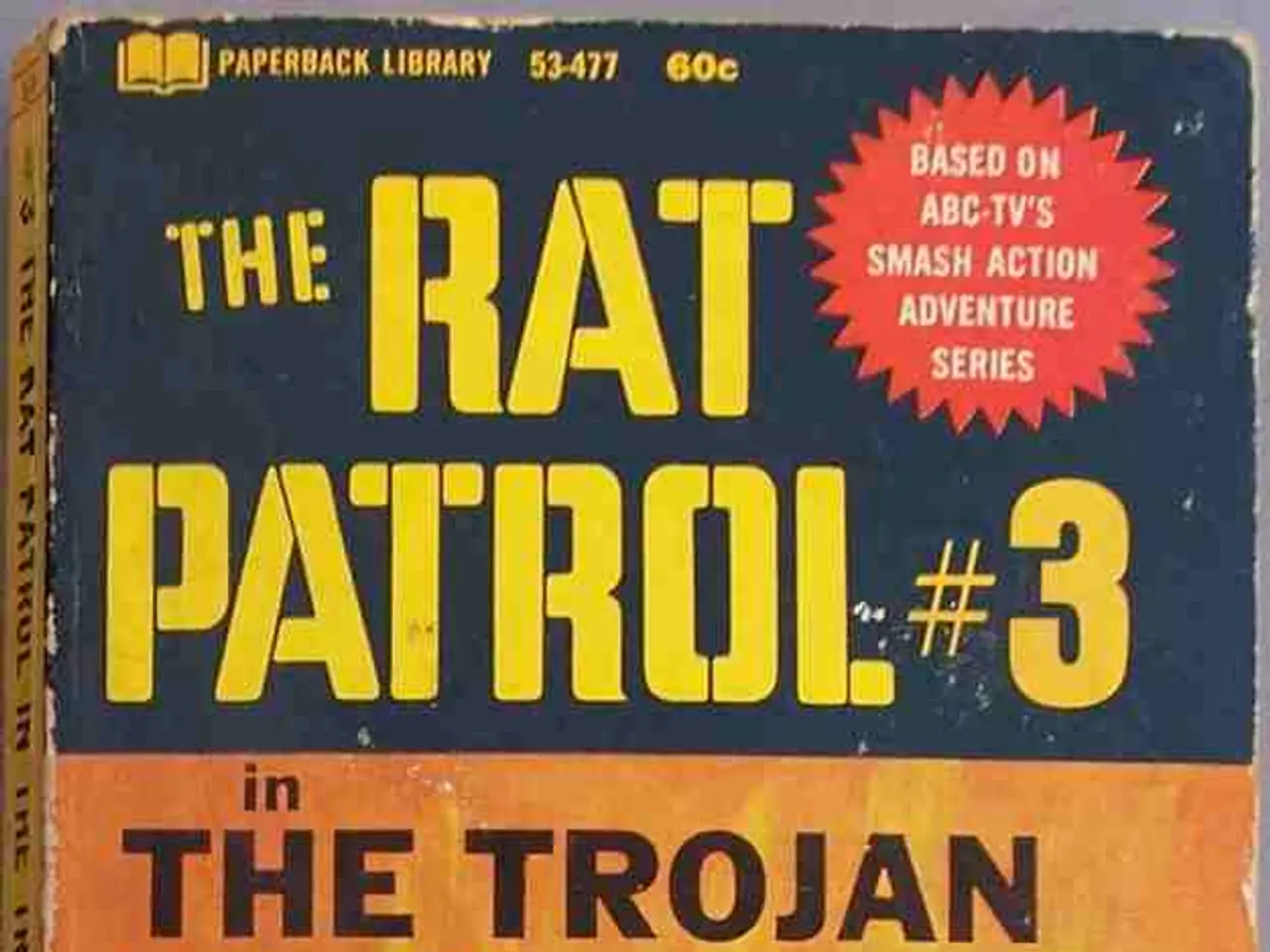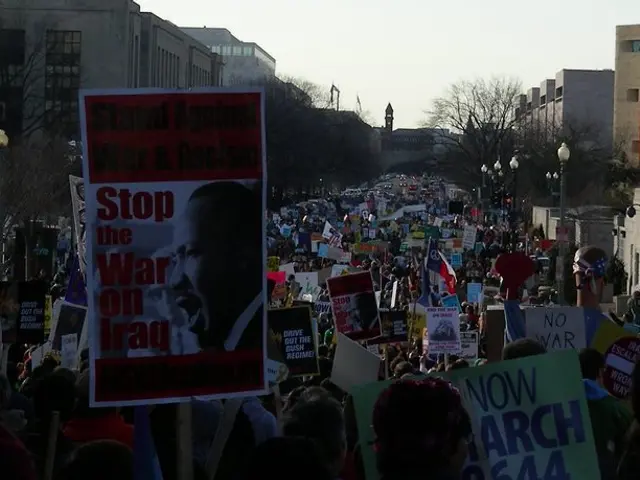Israel's plan under Netanyahu, dubbed 'super-Sparta', sparks significant opposition within the country
Binyamin Netanyahu, the Prime Minister of Israel, presented his vision for the country's future this week. Amidst nearly two years of war, Netanyahu spoke at a conference in Jerusalem, just before Israel launched a ground offensive on Gaza City.
Netanyahu's speech was met with mixed reactions, as he compared Israel's situation to Athens and Sparta, suggesting that Israel would have to become both Athens and Sparta in the coming years. He proposed an economy with 'autarkic [economically independent] characteristics' to counter potential future blockades of Israel's arms industries.
This vision was not received favourably by all. Business and union leaders criticised Netanyahu's policies, with the Israel Business Forum stating that they could endanger Israel's existence. Arnon Bar-David, the head of the Histadrut trade union federation, said, 'I don't want to be Sparta ... We deserve peace.'
Netanyahu's comparison of Israel to Sparta caused significant market reaction, with the Tel Aviv stock exchange plummeting and the shekel falling sharply against foreign currencies. Despite attempts to downplay its significance, Netanyahu spent the next few days trying to backtrack on his comments, claiming they had been misunderstood.
The Prime Minister's speech came amidst increasing international isolation for Israel. More states pledged to recognize Palestine, and other countries threatened to withdraw from next year's Eurovision Song Contest if Israel took part. Netanyahu blamed this isolation on 'limitless migration' of Muslims to western Europe and a digital revolution that has led to investment in social-media platforms promoting an 'anti-Israel agenda.'
Netanyahu acknowledged Israel's unprecedented international isolation but offered little hope for a return to normal life for Israelis. He warned that Israel's arms industries might be blocked in the future, leading to union workers in Italy, France, and Belgium declaring their readiness to block or boycott weapons shipments to Israel as part of protests and resistance against supplying Israel with military materials.
Yossi Verter, a columnist of the liberal newspaper Haaretz, said Netanyahu had turned the Start-Up Nation into the Sparta Nation. Amos Harel, the veteran Haaretz military correspondent, wrote that Netanyahu's Spartan vision was no casual slip of the tongue. Netanyahu's plans reveal genuine, if shallow, attempts to craft an alternative reality.
However, Netanyahu's paranoia and isolation were evident in his speech. He is fighting with all his might to survive politically, but his bleak vision was met with criticism from all corners. As Israel continues to face international pressure and internal strife, the future remains uncertain.
Read also:
- United States tariffs pose a threat to India, necessitating the recruitment of adept negotiators or strategists, similar to those who had influenced Trump's decisions.
- Weekly happenings in the German Federal Parliament (Bundestag)
- Southwest region's most popular posts, accompanied by an inquiry:
- Discussion between Putin and Trump in Alaska could potentially overshadow Ukraine's concerns







